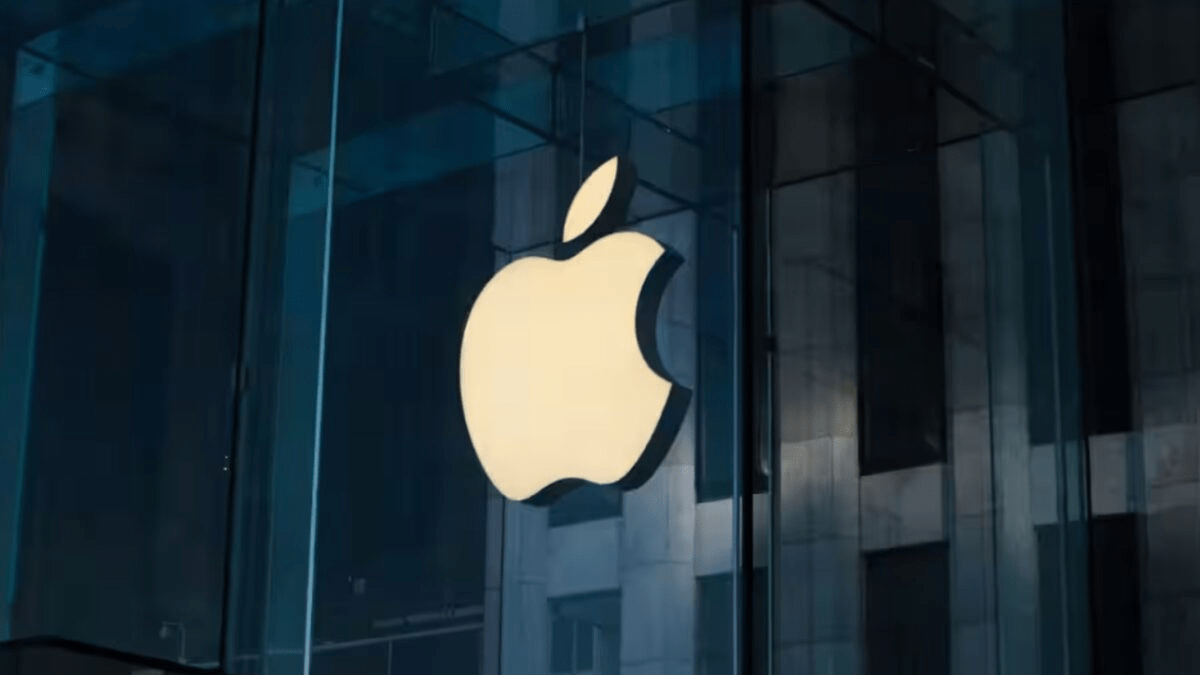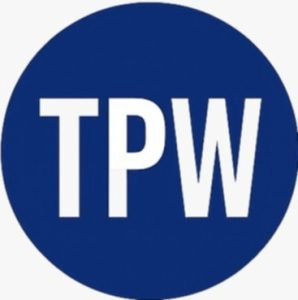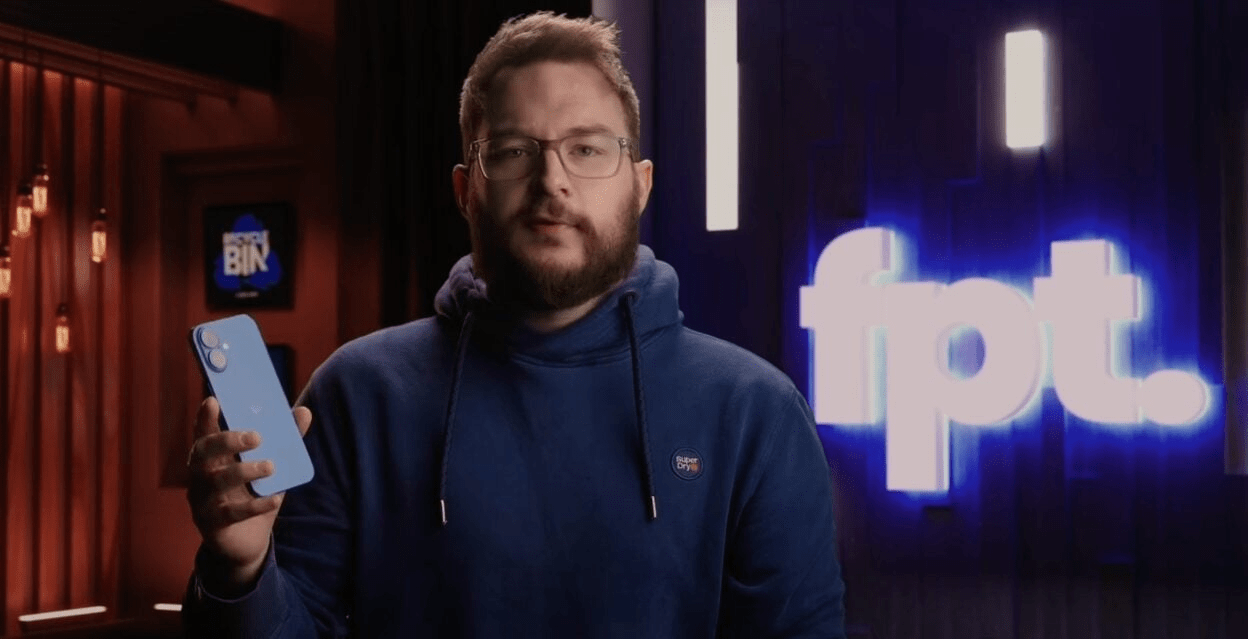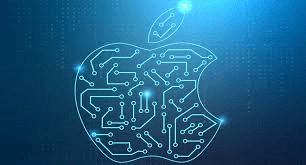Apple escalates its leak crackdown
Apple has told a U.S. court that prominent gadget commentator Jon Prosser has not formally responded to the company’s trade-secrets lawsuit over alleged leaks of unreleased iPhone software. In a filing made public this weekend, Apple said Prosser missed an August deadline to answer the complaint and ignored follow-up notices. A court clerk has now entered default against him. That step lets Apple move toward a default judgment — potentially damages and an injunction — without a full trial. The case centers on Apple’s claim that Prosser and an associate obtained access to an internal development iPhone and broadcast features of “iOS 26,” including a major visual redesign Apple calls Liquid Glass. Apple argues the leak wasn’t harmless hype, but a coordinated break-in that exposed proprietary interface work months before launch.

Why this matters beyond one YouTuber
Prosser has denied going silent. He told tech reporters he’s been “in active communication” with Apple from the start and said the dispute is being exaggerated. Still, the default notice signals how aggressively Apple is now treating early software leaks as corporate espionage, not fan culture. Apple has a long history of chasing hardware leaks, but this fight targets interface, design language and iconography — the parts of iOS that shape user perception and drive marketing buzz. Industry lawyers say the outcome could set a template for how Big Tech pressures influencers and insider accounts that publish unreleased features. If Apple wins default judgment, it could seek a sweeping order that blocks Prosser from sharing any future internal material tied to upcoming iPhone software. That would send a message across the leak economy: screenshots and UI videos are now legal risk, not just clout. It also lands just as Apple pushes more in-house silicon and modem tech to reduce outside dependency, making secrecy over future software-hardware integration even more valuable.

 TPW DESK
TPW DESK 








